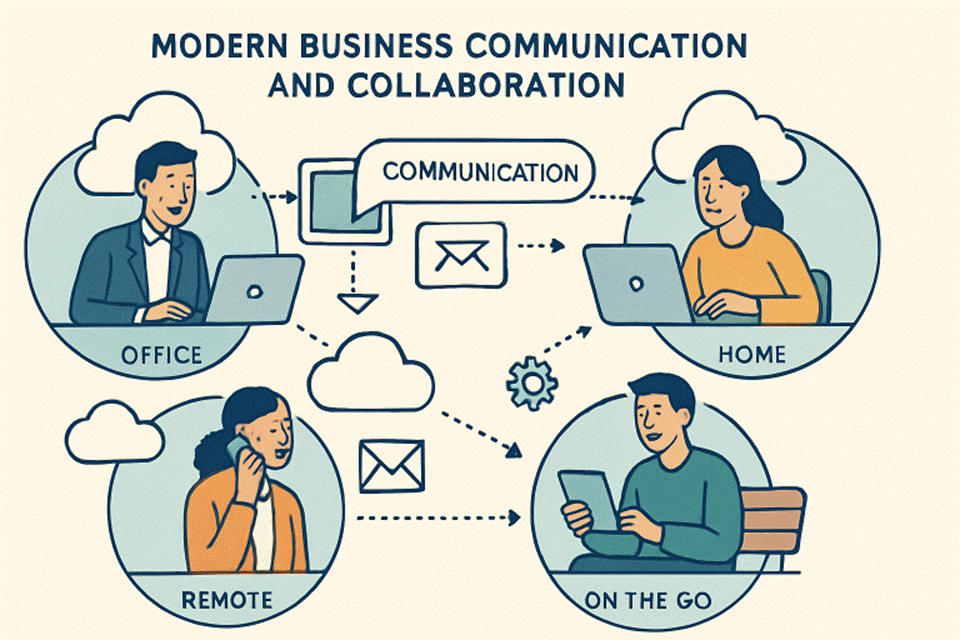Table of Contents
- Understanding Belt Press Technology
- Advantages of Renting Over Purchasing
- Enhancing Operational Efficiency
- Environmental Considerations
- Maintenance and Support
- Considerations When Choosing a Rental
- Conclusion
Key Takeaways
- Belt presses offer efficient mechanical dewatering, thereby reducing sludge volume and associated costs.
- Renting a belt press offers greater flexibility, cost savings, and access to current technologies.
- Environmental benefits include reduced landfill use and minimized transportation emissions.
- Rental agreements typically include maintenance, which decreases downtime and supports seamless operations.
- Carefully review rental terms and choose equipment that matches your facility’s specific requirements.
Understanding Belt Press Technology
Belt presses are a vital component of modern wastewater treatment, engineered to extract water from sludge by applying progressive mechanical pressure with a series of tensioned belts and rollers. This continuous dewatering action significantly lowers sludge volume, simplifying disposal and helping facilities better comply with regulatory requirements. As a result, many municipal and industrial sites turn to belt press rentals to handle their variable processing needs without the expense of permanent ownership.
Facilities facing fluctuating sludge loads or limited capital budgets can especially benefit from rental solutions. Since belt presses are known for their reliable, energy-efficient operation and relatively low maintenance costs, renting provides access to this essential technology when and where it is most needed, without the burden and commitment of a complete purchase.
Advantages of Renting Over Purchasing
Cost Efficiency and Flexibility
Belt press rentals enable organizations to avoid the capital expenditure required for new equipment. This financial flexibility is particularly advantageous for facilities managing temporary increases in sludge volume or uncertain long-term treatment needs. Renting makes it easier to allocate resources effectively across multiple projects or seasonal fluctuations, promoting more innovative budget management in the long run.
Access to Advanced Technology
Rental agreements often include the latest models, providing users with immediate access to advancements in dewatering performance, automation, and safety features. This means facilities are less likely to fall behind on upgrades, ensuring compliance with current industry standards and optimizing operational outputs.
An additional benefit of choosing a rental agreement is the ability to trial state-of-the-art equipment before committing to a significant purchase, minimizing the risk of investing in technology that may soon become outdated or mismatched to process requirements.
Enhancing Operational Efficiency
A high-performance belt press can yield immediate improvements in a facility’s overall efficiency. By reducing the moisture content of sludge, operations can reduce the number of hauling trips required, thereby lowering transportation and landfill charges. Additionally, newer belt press designs maximize throughput while minimizing energy consumption, resulting in measurable savings compared to older, less efficient models.
Renting equipment also means you are never locked into a single technology or press size. If your facility’s needs change—due to expansion, new regulations, or altered wastewater characteristics—you can upgrade or swap out your rented press with minimal inconvenience, ensuring continuous operational adaptability.
Environmental Considerations
Environmental stewardship is a core objective for modern wastewater management. Effective dewatering with a belt press reduces the volume of sludge destined for landfills, consequently lowering methane emissions associated with organic waste decomposition. This volume reduction not only conserves valuable landfill space but also decreases the environmental impact of sludge transportation by reducing fuel use and associated carbon emissions.
Optimizing sludge management practices aligns with broader sustainability and climate action goals. Wastewater facilities that utilize rental belt presses demonstrate a proactive approach to environmental compliance and long-term sustainability. Learning more about the EPA’s recommendations for sustainable wastewater management can help facilities further align their operations with best environmental practices. These initiatives contribute to a cleaner ecosystem and support community health by reducing the release of pollutants into the environment. As regulations continue to evolve, staying informed and adaptable ensures continued compliance and leadership in sustainable operations.
Maintenance and Support
Rental contracts for belt presses typically include maintenance and technical support, thereby reducing the administrative and operational workload on facility staff. Service providers handle routine inspections and troubleshoot mechanical issues, often with rapid on-site responses, which minimize the risk of costly downtime and ensure optimized press performance.
This turnkey approach also supports regulatory compliance, as equipment is kept in consistently good working order, helping facilities avoid penalties due to process interruptions or environmental breaches related to poorly maintained machinery.
Considerations When Choosing a Rental
Matching Equipment to Process Needs
When selecting a rental, assess your facility’s sludge volume and composition to ensure a suitable match. Belt presses vary in both capacity and design; matching these attributes to your sludge characteristics ensures maximum efficiency and reliability.
Understanding Rental Terms
Examine the details of any rental agreement before signing. Clarify what is included—such as scheduled maintenance, repair response times, replacement parts, and service duration—so you can forecast costs, plan for contingencies, and avoid unexpected outlays or disruptions.
Considering Future Needs
If regulatory standards or process requirements may change in the future, a flexible rental contract can help your facility adapt quickly. The best rental partners offer scalable technology, multiple unit sizes, and options for rapid upgrades or exchanges if needed.
Conclusion
Renting a belt press is an efficient and sustainable strategy for modern wastewater management. Facilities enjoy financial agility, the support of the latest technology, and measurable operational and environmental benefits, with none of the headaches associated with long-term ownership. By carefully evaluating your process needs and partnering with knowledgeable equipment providers, you can maximize efficiency, remain compliant, and contribute positively to environmental stewardship through belt press rentals.











